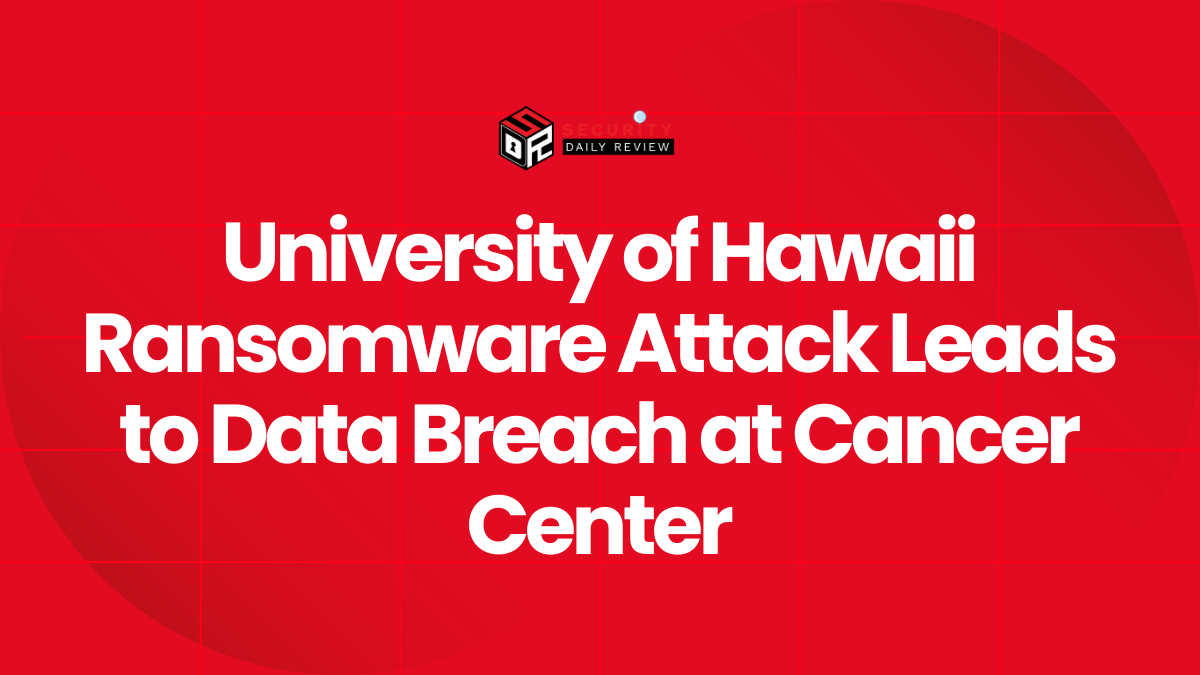The historic The Thayer Hotel, located on the grounds of the United States Military Academy at West Point, has disclosed a cybersecurity incident that has put the personally identifiable information of approximately 33,053 individuals at risk. The breach, which unfolds against the backdrop of a facility frequented by military families, draws attention to elevated risks faced by entities serving protected populations.
Timeline of Unauthorized System Access and Internal Investigation
On September 19, 2025, The Thayer Hotel experienced unauthorized access to its computer systems. Once detected, the hotel’s IT team spent several days restoring access and securing its environment. By October 17, preliminary identification of affected U.S. residents was completed, and notification letters were sent starting October 31.
“This occupied the time of our entire IT staff for several days. Once access to our systems was restored, we launched an investigation with the assistance of third‑party forensic specialists and cybersecurity professionals.” (oag.ca.gov)
The investigation revealed that attackers accessed names along with driver’s licence numbers, passport numbers, dates of birth, or state identification card numbers. A very small number of individuals may also have had their Social Security numbers exposed. Because the hotel’s guest population includes military personnel and their families, the exposure of identity documents and personal data carries heightened significance for operational and personnel security. Attackers could exploit the data for identity theft, account takeover, or targeted phishing campaigns.
In response, The Thayer Hotel retained external cybersecurity and forensic experts, notified regulators, and is offering affected individuals 12 months of complimentary identity-theft protection and credit-monitoring services through Kroll Security. Guests are encouraged to place fraud alerts or credit freezes with credit bureaus and review credit reports for suspicious activity. (PR Newswire)
Lessons for Security Management at Hospitality Venues Serving Military Populations
This breach underscores the risk profile of hospitality venues located on or near military installations, where identity credentials and access information are routinely collected. For security teams and defenders, it highlights the need for rigorous third-party risk management, real-time monitoring of privileged access, and incident-response preparedness tailored to populations with elevated protection requirements. The Thayer Hotel case illustrates that even well-resourced venues can suffer materially impactful breaches.









